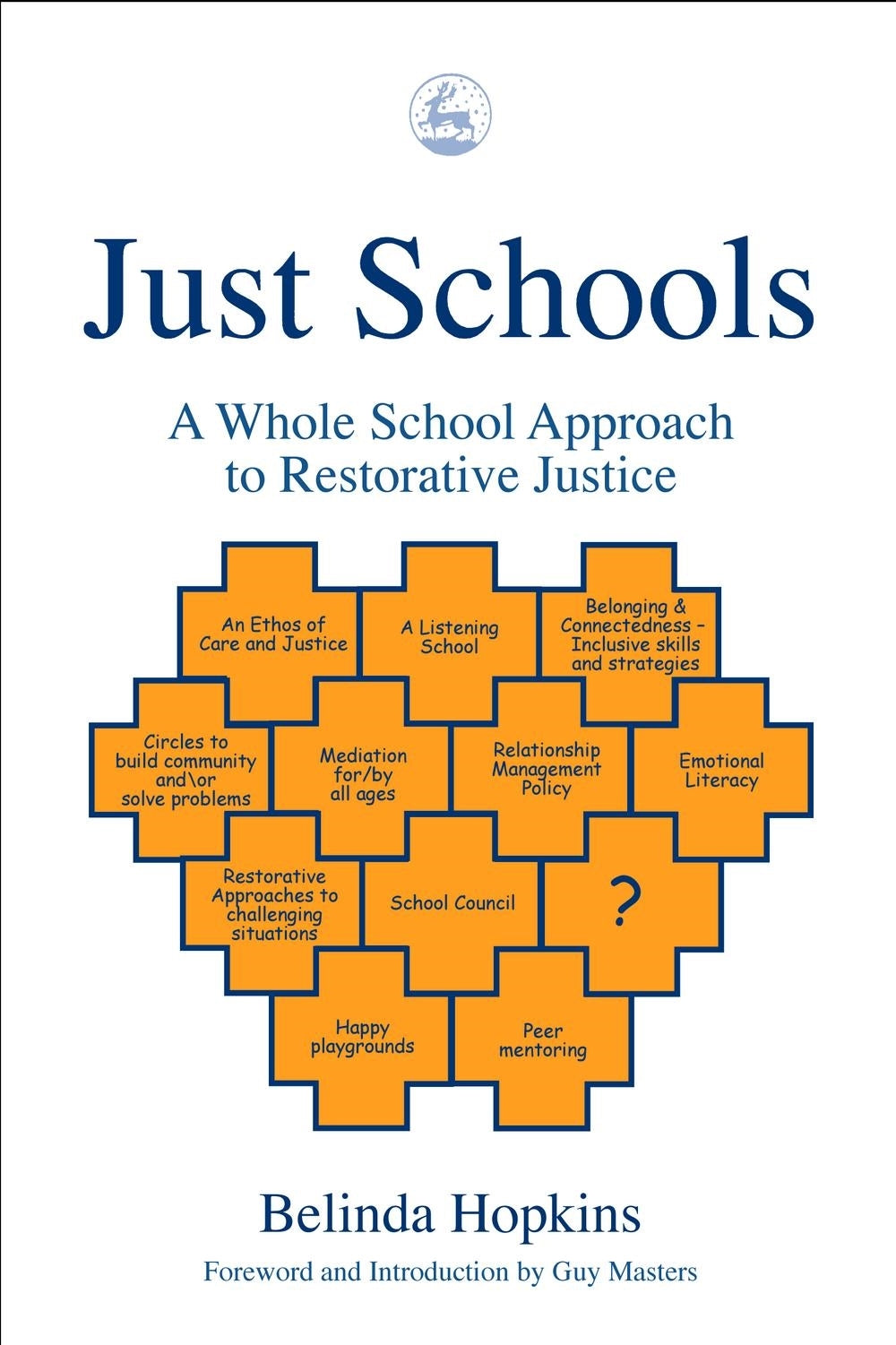
Press Reviews
International Review of Victimology
In this practical handbook, Belinda Hopkins demonstrates how the principles and values of restorative justice can help transform daily interactions in schools. She makes a strong case for focusing on building and repairing relationships rather than on managing and controlling behaviour. The book is written with the needs of teachers and youth workers in mind. It is clearly structured and presented, with user-friendly diagrams and photocopiable sheets. Case studies provide plenty of good examples from the author's own experience. While Hopkins clearly understands the practical demands of school organisation, she nevertheless firmly grounds the book in restorative justice theory and ongoing research. This book provides a sympathetic and realistic challenge to established school culture.
The Teacher
This publication makes a major contribution to conflict resolution in educational settings. Developing citizenship, team work, positive self-esteem, communication and co-operation are all promoted. It's an essential resource for practical application and a stimulating conduit for schools to consider new approaches when dealing with conflict. A number of photocopiable sheets are included for consideration, plus a useful reference.
Children Now
This excellent manual should give a substantial impetus to the use of restorative techniques such as mediation and conferencing where they are badly needed - schools. Full of practical programmes and illustrated by plenty of examples, Just Schools shows how restorative justice can be used to resolve difficulties from low level antagonism to more serious issues of bullying. It is much more jargon-free than many books of this kind, and draws on academic sources and personal experience.
Restorative Justice News
In Just Schools, a brief history of restorative justice is followed by advice on developing it for yourself. With clear explanations of process and advice on many useful skills such as developing restorative approaches to difficult situations, this is useful reading even if you have nothing to do with schools! Rooted in experience, this book is welcoming and workmanlike - recommended.
Mediation Matters
The different responses to conflict discussed here provide practitioners with knowledge they need to offer a more flexible approach to schools, and the text clearly shows that restorative practices are not the soft option that so many people take them to be. I recommend this book both to practitioners and to the schools they are looking to work with.
Pastoral Care
Step-by-step demonstrations of Restorative Justice approaches are both compelling and practical. The book is clear, highly readable, methodical and well structured. Uncluttered photocopyable sheets provide valuable resources for those working in an educational setting who seek ways of responding more effectively to conflict disruption.
